[Spotprent patriotten]
Antique print, etching, engraving and letterpress | Allegory of the Dutch Patriots and the Prussian dogs (de Kezendans op muziek van de duivel), published 1787, 1 p.
A broadside satirising the Orangists, who were supported by the Prussians, as Pomeranian dogs [alluding to Prussia, which invaded the Netherlands in 1787, putting and end to the Patriot Movement] being seduced by the devil; with an engraving showing a group of seven Pomeranian dogs wearing Orangists’ hats with feathers, the dogs following in a semi-circle a devil who is playing a fiddle, on the R two devil figures holding a sheet with printed music; with six letterpress stanzas in three columns, and with three vertical segments of type ornaments.
In 1781, the so-called Patriot movement began, which aimed at thorough reforms in the Netherlands. Members of the movements met at Utrecht to discuss the reforms. Due to the rising pressure, in 1784 the Duke of Brunswick (Prussian commander, governor of s’Hertogenbosch in the service of the stadholder, had to leave the Netherlands. The movement was supported by Free Corps, and the princely was forced to meet the demands of the patriots. The Patriots were opposed by members of the princely part, the Orangists, which were outnumbered at most places. Prince Willem V moved from The Hague to Hey Loo near Nijmegen. William V was advised by his brother-in-law, Frederick William II, King of Prussia, to take stronger action. In 1787 a civil war broke out, the Patriots held Holland and the city of Utrecht, while the Orangists held the states of Gelderland and Utrecht (without the capital city). In May 1787, the stadholder’s troops were defeated near Vreeswijk by the Free Corps from the city of Utrecht. When Princess Wilhelmina was stopped by patriot free corps near Goejanverwellesluis on June 28th 1787, she applied to her brother King Frederick William of Prussia for help. On September 13th a Prussian army of 20,000 men under the command of Ferdinand Duke of Brunswick crossed the border, demanding satisfaction. The Prussians found the fortress of Vianaen deserted, the city of Utrecht surrendered, and the fortress of Woerden offered no resistance. Knowing of the advancing Prussian troops, the mob in Amsterdam had plundered several houses of patriot regents. The stadholder returned to The Hague. Amsterdam, the last city to hold out, surrendered on October 10th. The consequences of the Prussian invasion were that the Patriot revolution was terminated, and that reformist acts were repealed. Many patriots fled the country (mostly to Paris), Prussia demanded no territorial or other concessions, and William V was back in full charge. After the outbreak of the French Revolution (1789), the patriots would return from Paris in 1795 to establish the Batavian Republic. [from the British Museum record].
[NL] De Kezendans. Spotprent waarin patriotten als keeshonden in een rij achter elkaar dansen op de muziek van de Duivel als speelman (met viool) in de richting van de hel. Twee duiveltjes houden bladmuziek omhoog. Op het blad onder de plaat de coupletten van het lied in Voorzang, Tegenzang en Slotzang. Naar aanleiding van het Vliegend Legertje en de politieke toestand in 1787. Maker onbekend. Vliegend legertje Mappa.
SKU: PR121456
Etching and engraving on laid paper, text in letterpress, with some margins; total: 230 x 299 mm; a small damage on the top margin, traces of ink spatter on the top margin of the plate; some letters of the text have been remarked in pen and ink. FM 4875, Van Stolk 4869.
.
€ 242,00(€ 200,00
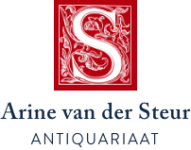
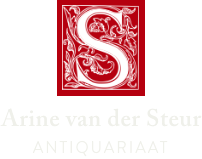
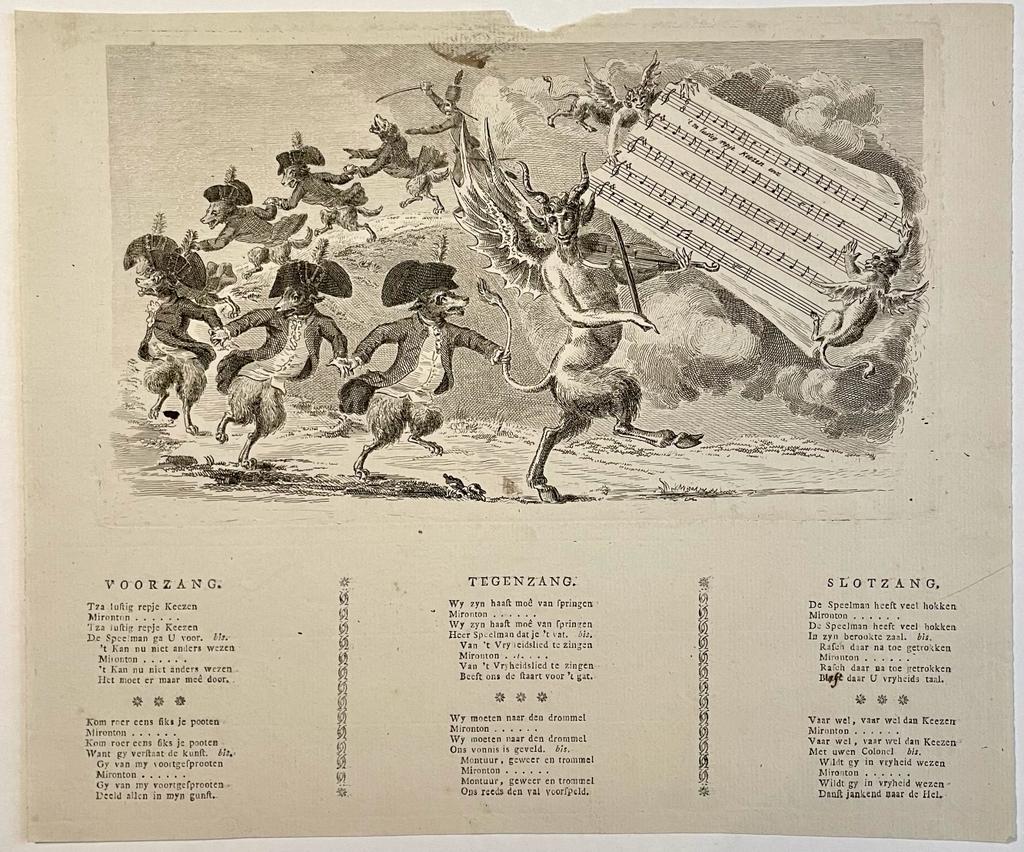
![[History print, etching] 'Willem de Eerste, Prins van Oranje, te Delft doorschooten in 't jaar 1584'; murder of William I, Prince of Orange, 1584.](https://arinevandersteur.nl/wp-content/uploads/c3561_2-scaled-1-356x356.jpg)
![[History print, etching] 'Willem de Eerste, Prins van Oranje, te Delft doorschooten in 't jaar 1584'; murder of William I, Prince of Orange, 1584.](https://arinevandersteur.nl/wp-content/uploads/c3561_1-scaled-1-356x356.jpg)
![[Antique prints, engravings and pamphlet] Print and Announcement of the execution of J.B.F. van Gogh, on Saturday 4 April 1778.](https://arinevandersteur.nl/wp-content/uploads/55583_4-scaled-1-356x356.jpg)
![[Antique prints, engravings and pamphlet] Print and Announcement of the execution of J.B.F. van Gogh, on Saturday 4 April 1778.](https://arinevandersteur.nl/wp-content/uploads/55583_3-scaled-1-356x356.jpg)
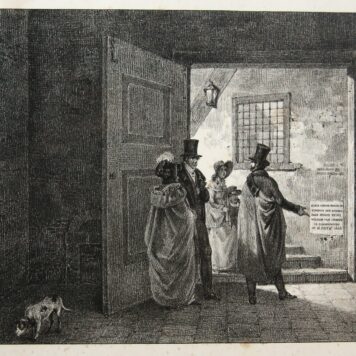
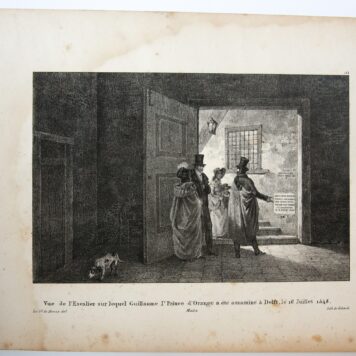
![[Broadsheet] Portretten van geëxecuteerde Arminianen met scenes van de executie; portraits of executed Arminians with scenes of the execution, 1623.](https://arinevandersteur.nl/wp-content/uploads/WhatsApp-Image-2021-01-06-at-16.37.28-356x356.jpeg)
![[Broadsheet] Portretten van geëxecuteerde Arminianen met scenes van de executie; portraits of executed Arminians with scenes of the execution, 1623.](https://arinevandersteur.nl/wp-content/uploads/WhatsApp-Image-2021-01-06-at-16.37.10-356x356.jpeg)

